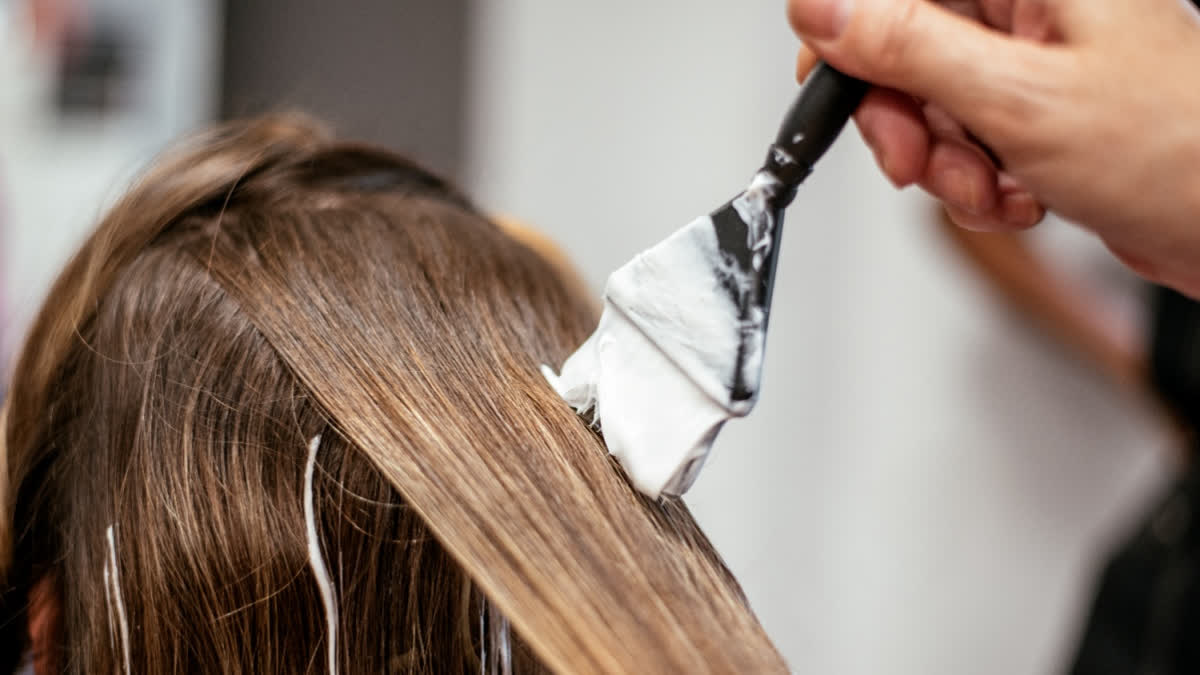For years, hair dyes and chemical straighteners have been hailed as tools of transformation for women. But what if these beauty products came with a hidden health risk?
This connection isn’t just theoretical. A study published in the International Journal of Cancerfound that women who used chemical hair straighteners every 5-8 weeks were 30% more likely to develop breast cancer. The risks are even higher for those using darker shades of permanent hair dye, as these products tend to contain greater concentrations of harmful chemicals.
Dr. Monika Jani, Gynaecologist and Obstetrician at Bhailal Amin General Hospital in Vadodara, explains, “Hair dyes and straighteners often contain endocrine-disrupting chemicals that interfere with hormone function in the body. Ingredients such as aromatic amines, parabens, and phthalates in dyes, along with formaldehyde in straighteners, can damage DNA and potentially lead to cancer.”
The Science Behind The Risk
The core issue lies in the chemical makeup of these products.
Endocrine Disruptors: Chemicals in hair dyes and straighteners can mimic or interfere with hormones, especially oestrogen, which plays a critical role in breast tissue development.
Absorption Through the Scalp: The skin on the scalp absorbs these chemicals, especially when heat is applied during styling, as in the case of straighteners. Over time, this leads to a buildup of harmful substances in the body.
DNA Damage: Formaldehyde, commonly used in chemical straighteners, has been shown to damage DNA, potentially triggering the development of cancerous cells.
Dr. Jani adds, “Frequent and long-term use of these products can disrupt oestrogen levels, contributing to hormone imbalances that influence breast tissue growth.”
Who Is Most At Risk?
The risks aren’t uniform for everyone. Women with a family history of breast cancer or genetic predispositions may be more vulnerable. Darker hair dye users face higher risks due to the increased concentration of chemicals in darker shades.
Moreover, the frequency of use is a significant factor. While occasional use might not pose substantial harm, repeated exposure over time (like using chemical straighteners every couple of months) compounds the risk.
What Can You Do To Protect Yourself?
